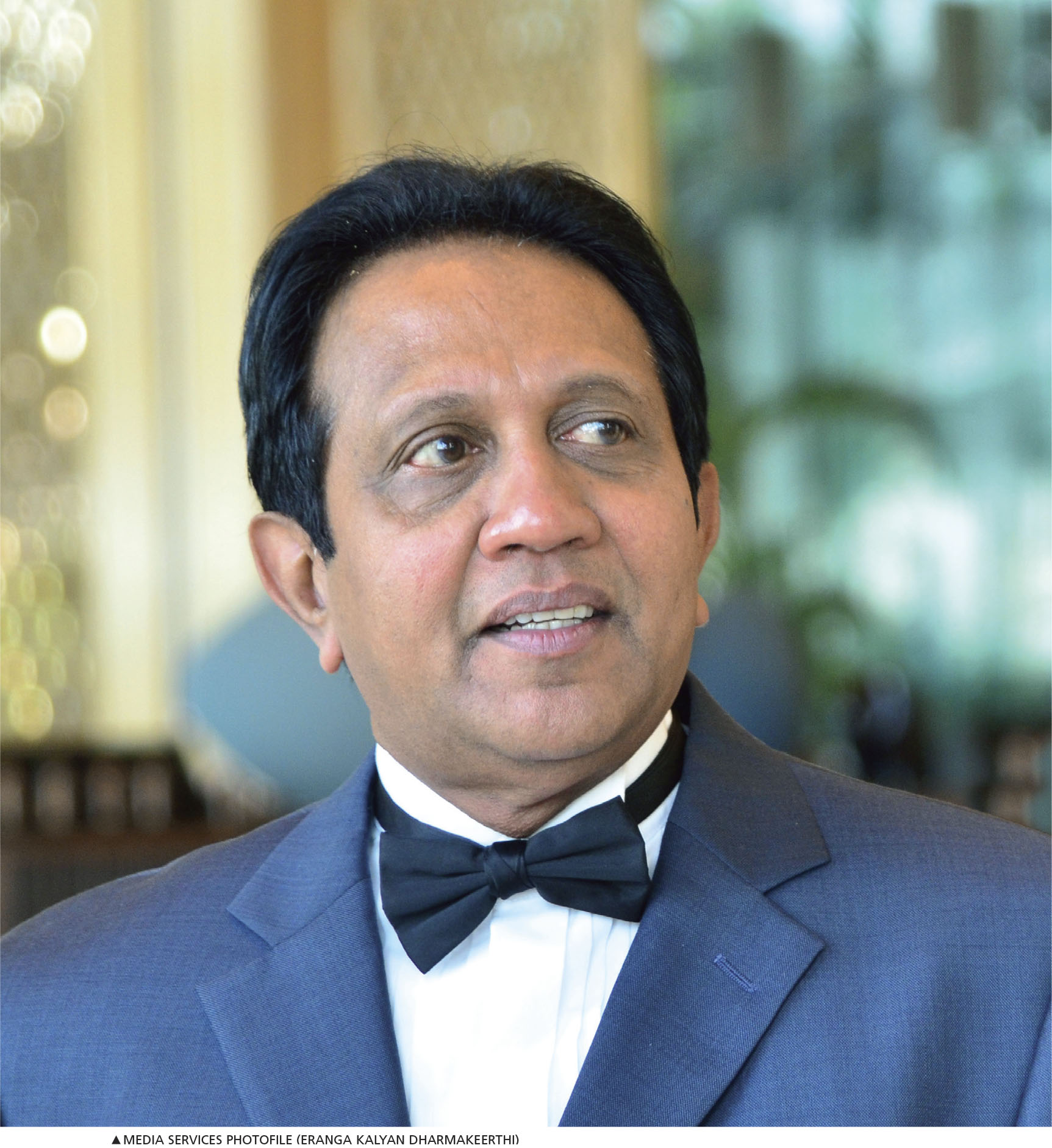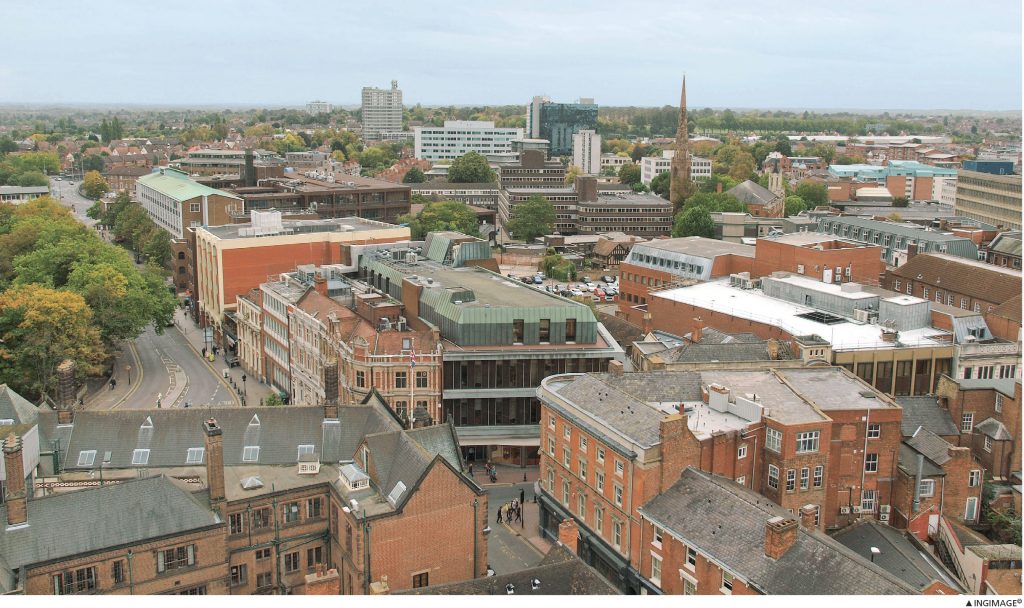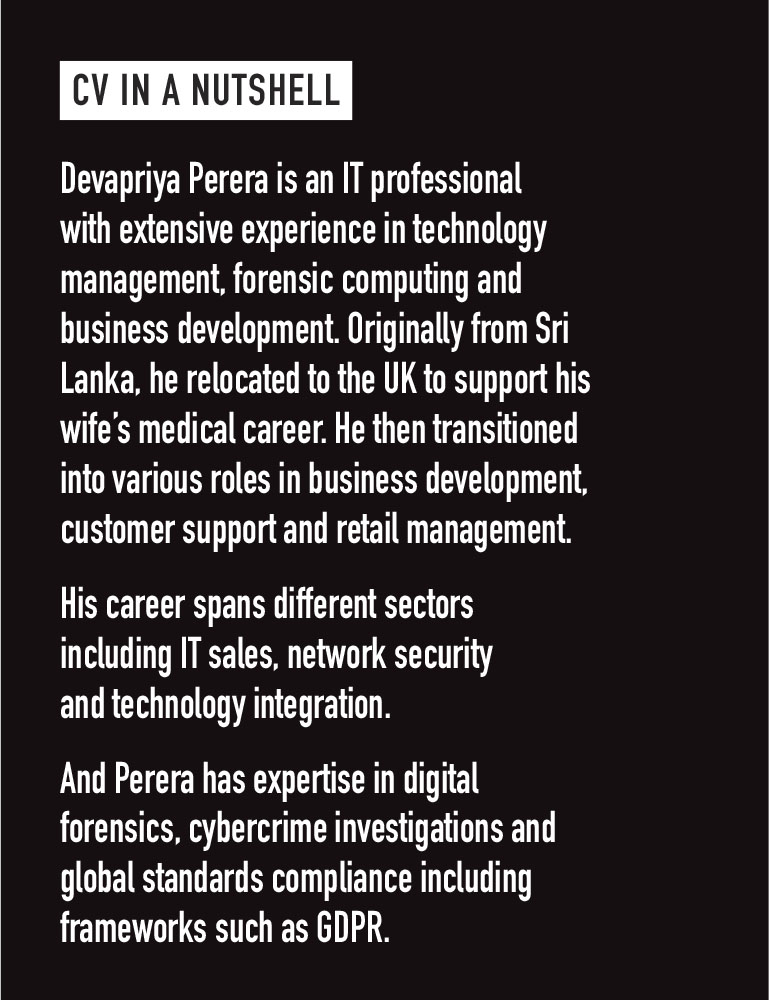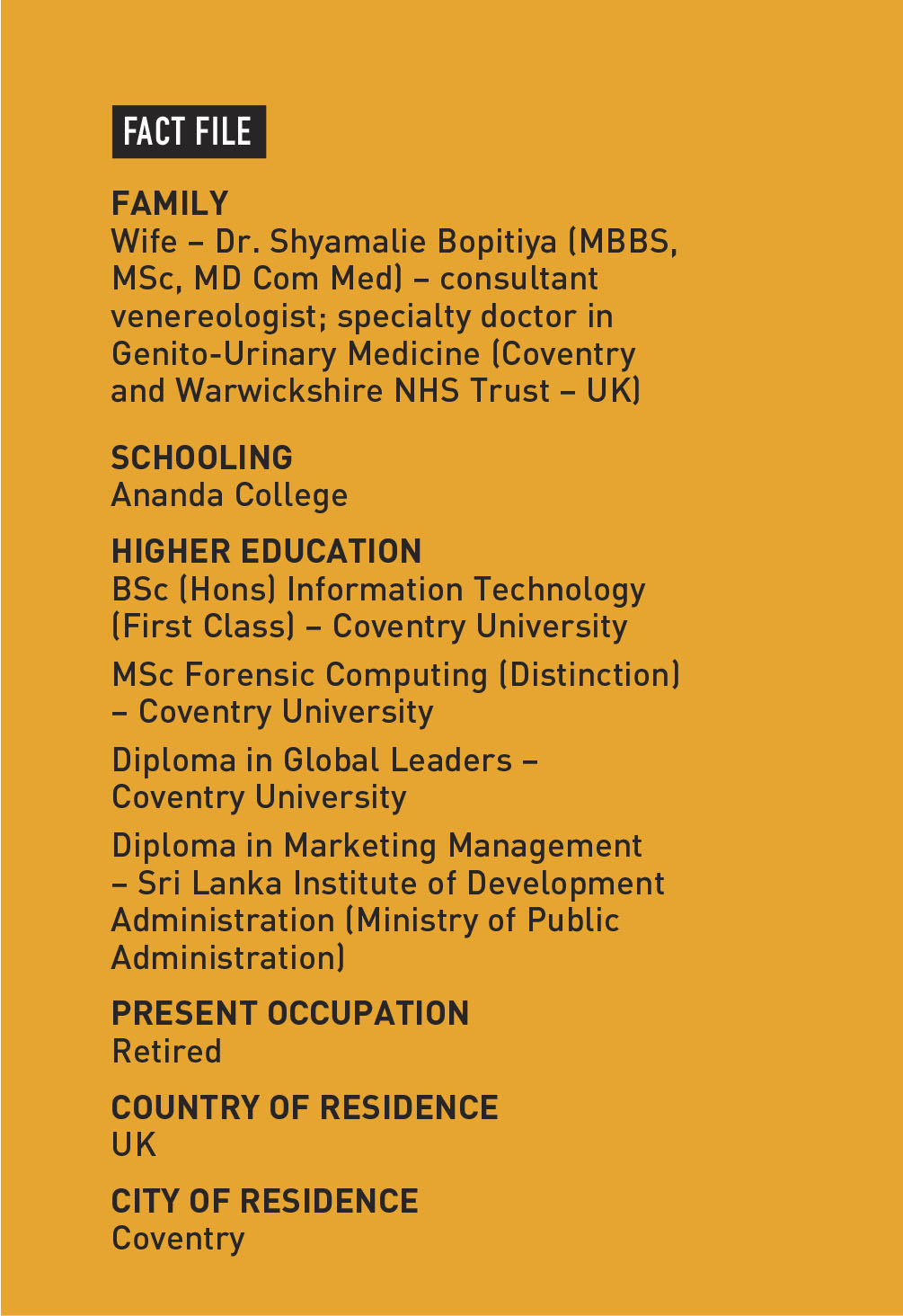Devapriya Perera
Shaping a global IT pathway

Q: Tell us about your career path and what motivated you to transition from working in Sri Lanka and relocate to the UK…
A: My career spans IT project management, sales and business development in data communications and computing, with leadership roles at Metropolitan Telecom Services, Informatics and Keells Business Systems. I also founded a medical equipment venture specialising in neurosurgical systems.
The move to the UK was due to family commitments, supporting my wife’s higher education. This meant starting over – taking on roles in business development, customer support and retail while gaining new qualifications.
Q: How did your experience with companies like Dataserve, Informatics, Keells Business Systems and Metropolitan Telecom Services shape your approach to technology management?
A: My tenure at these organisations shaped my expertise in IT sales, solutions and business development.
At Dataserve, I aligned technology with business needs and collaborated with global brands. I deepened my expertise in enterprise IT infrastructure, systems integration and network security at Informatics. And at Keells Business Systems, I refined my client management, strategic partnership and technology implementation skills.
My career in Sri Lanka culminated in my role as a Senior Manager – Project Implementation of Metropolitan Telecom Services.
Founding Medismart Technologies allowed me to specialise in medical technology integration, and gain hands-on experience in regulatory compliance and healthcare IT.
These roles shaped my approach to technology management; they inculcated a customer centric and solution oriented mindset in me.
Q: What challenges did you face when transitioning to the United Kingdom after holding senior management roles in Sri Lanka?
A: Rebuilding my career in a competitive British market was challenging. Despite my seniority and recognition back home, I had to reestablish credibility, adapt to a structured and compliance driven corporate environment, and adjust to a management approach that differed from Sri Lanka’s relationship based culture.
I pursued a BSc in IT and an MSc in Forensic Computing at Coventry University while building a new professional network through industry events, and roles in business development and customer support.
Balancing career transitions while supporting my wife’s medical career was key. My adaptability helped me gain valuable international experience and establish myself in the UK.

Q: How did the professional landscape in the UK differ from your experiences in Sri Lanka?
A: In Sri Lanka, business operations are relationship driven with hierarchical decision making and flexible processes.
In contrast, the United Kingdom is structured, compliance focussed and driven by performance metrics – particularly in sectors such as IT, healthcare and finance, where regulations including general data protection regulation (GDPR) apply.
The UK’s competitive market demands continuous upskilling, differentiation and technology adoption. Career progression in the UK is merit based with professionals frequently changing jobs, unlike Sri Lanka’s dependence on networking and loyalty.
Additionally, the UK prioritises work-life balance and employee rights, whereas Sri Lanka demands longer hours. Overall, my experience in the UK has broadened my perspective, enhancing my adaptability in highly regulated and competitive industries.
Q: How do you see the role of forensic computing in today’s tech landscape – particularly in the context of cybersecurity and data protection?
A: My interest in forensic computing began early in my IT career, when I collaborated with the University of Colombo’s Department of Statistics and School of Computing (UCSC) as an external resource person at the Computing Services Centre.
During this time, I focussed on hardware maintenance, networking and computer aided design. It was here that I was introduced to digital forensics and cybersecurity under the mentorship of Vidya Jyothi Prof. V. K. Samaranayake and the UCSC team.
As the importance of cybersecurity and data integrity grew, I pursued a master’s degree in forensic computing, which allowed me to develop expertise in digital evidence collection, cybercrime investigation and network security.
Forensic computing has since evolved from basic data recovery to tackling complex cybercrimes such as ransomware and identity theft. AI and machine learning have enhanced threat detection while new challenges have emerged with cloud computing and IoT devices.
Legal standards including GDPR and ISO 27001 have added structure – and the field is now increasingly linked to cyber threat intelligence, and predicting and preventing attacks. This area of expertise has enabled me to merge my passion for IT and investigative analysis, adapting to the evolving landscape of cybersecurity.


